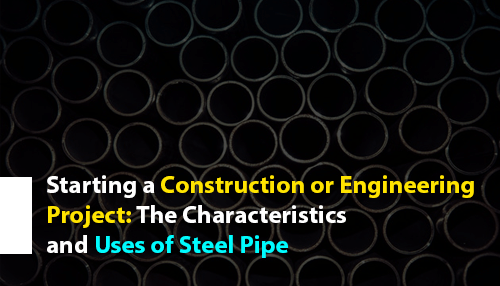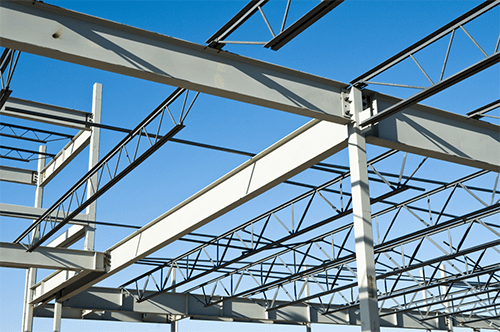There are many reasons to use stainless steel pipes from webcotube.com in your residential and industrial projects. Steel pipe is used around the world, and most contractors and builders choose it over other common materials. Here, you’ll learn about some of the most beneficial characteristics of steel piping, as well as some of its common applications.
Why Steel Pipe is Better Than Other Structural Materials
While steel tubing from Varner Pipe is a great choice for many reasons, it has some primary characteristics that set it apart from other building materials.
- Durability: Steel piping is more durable than tubing made of other materials. Even without its other benefits, a steel pipe’s strength makes it the ideal choice for many applications. It’s strong enough to withstand high pressure, shock, and heavy vibrations, helping minimize leaks and spills.
- Rust resistance: Unlike metals that corrode and rust easily, steel tubing is highly rust-, corrosion-, and chemical-resistant. These properties make steel pipes a low-maintenance and long-lasting solution.
- Easy installation: Steel piping can be customized to any strength, width, and height. It can easily be modified on the job site, making installation easy. Any post-installation modifications or maintenance can be carried out quickly and simply. The cassaform.com.au offers shoring structures to support the casting of slabs.
- Higher capacity: Steel pipes are much stronger than piping made of other metals. These pipes can be made thinner or larger without sacrificing durability, quality, or strength. This makes steel piping an adaptable, affordable solution for builders on a budget.
- Environmental friendliness: Steel is a surprisingly eco-friendly building material. 86% of the world’s steel is recycled each year, and the metal can be recycled numerous times without losing its strength and quality.
With all these benefits, why wouldn’t you use steel pipe for your next project?
How are Steel Pipes Used?
Just as the use of steel piping carries numerous benefits, there are also many ways to use it on the job. The benefits listed above play a substantial role in the reasons steel piping is used in the applications below. Here are a few of the ways steel pipes are used in industrial and residential settings.
- Holding water: Because of its corrosion- and rust-resistant properties, steel pipe is an excellent option for water delivery. Its durability and strength help it last for many years underground, even with shock, vibration, and pressure.
- Construction: Many builders use steel pipes in framing systems and structural foundations. It’s also used to create poles, fences, chimneys, scaffolding, handrails, and temporary structures.
- Utilities: Steel piping is used to protect underground utility lines and to build water mains. Steel pipes are also used to accommodate extreme utilities like steam and gas.
- Black steel piping is often used here.
- Sewage: Because of its corrosion resistance, steel tubing is the best way to transport sewage. The ripples found in corrugated, galvanized steel piping allow it to withstand the high pressures commonly found in underground sewage systems.
These are just a few of the ways steel pipes are used in commercial and residential construction.
In Closing
With all these benefits and applications, it’s easy to see why builders around the world are using steel pipes. Whether it’s used in a commercial, industrial, or residential setting, steel pipe is part of the infrastructure that keeps North America going. By choosing steel piping, builders ensure the durability, quality, and longevity of their projects.



